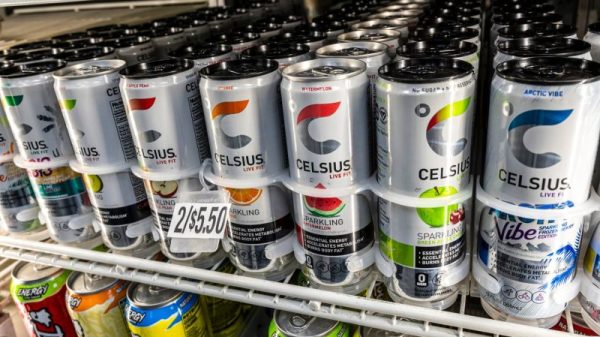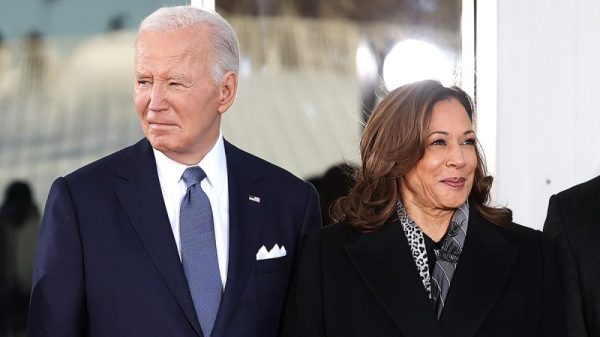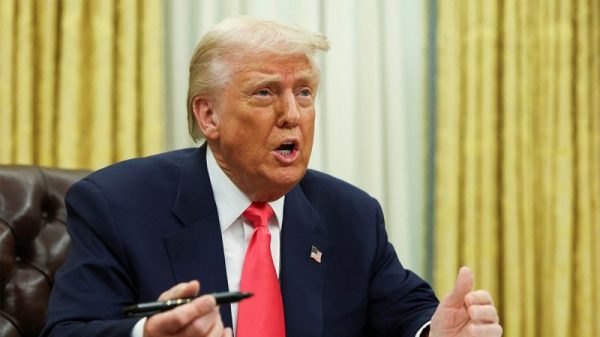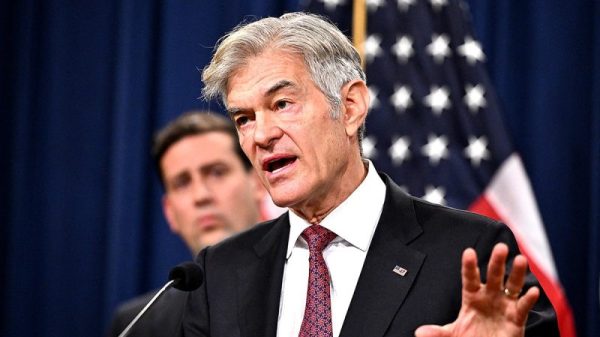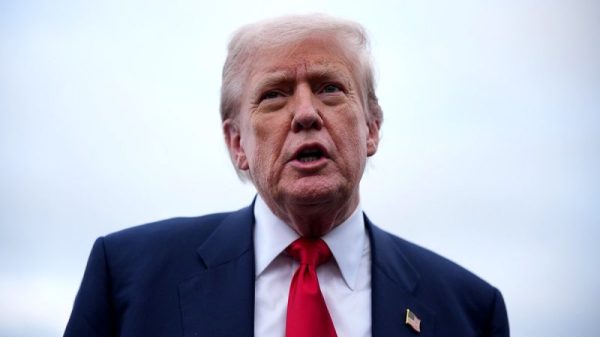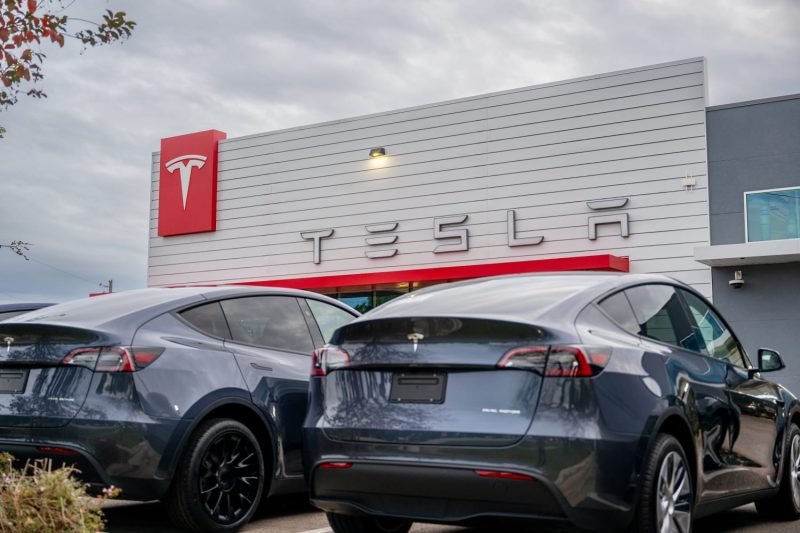In a recent development reflecting the shifting landscape of trade relations, the European Union has decided to reduce the tariffs imposed on Chinese-made Tesla EVs and other products. This move marks a significant departure from the previous stance of imposing higher tariffs on goods from China, showcasing the EU’s evolving approach towards trade policies and global partnerships.
The decision to slash tariffs on Chinese-made Tesla EVs and other products signals a willingness on the part of the European Union to foster stronger ties with China, a major global economic player. By reducing barriers to trade, the EU is aiming to promote economic growth and enhance market access for Chinese firms, particularly in the electric vehicle sector. This decision is also indicative of the EU’s recognition of China’s growing influence in the global market and the importance of engaging with Chinese companies to remain competitive in the rapidly evolving automotive industry.
The European Union’s move to lower tariffs on Chinese-made Tesla EVs can have far-reaching implications for the electric vehicle market in Europe. With the cost of importing Chinese-made EVs expected to decrease, European consumers may have access to a wider range of affordable electric vehicles, thereby contributing to the region’s transition towards greener and more sustainable transportation options. This, in turn, could help the EU achieve its climate goals and reduce reliance on traditional fossil fuel vehicles.
Furthermore, the decision to reduce tariffs on Chinese products reflects a broader shift in trade dynamics as countries seek to adapt to the challenges of an increasingly interconnected global economy. By embracing a more open approach to trade, the European Union is not only responding to the changing demands of consumers but also positioning itself as a key player in shaping the future of international trade relations.
While the decision to slash tariffs on Chinese-made Tesla EVs and other products may face certain criticisms and challenges, it represents a proactive step towards fostering economic cooperation and innovation between the EU and China. As both regions strive to navigate the complexities of a post-pandemic world, building stronger trade partnerships can pave the way for mutual growth and prosperity, benefiting businesses and consumers alike.
In conclusion, the European Union’s decision to lower tariffs on Chinese-made Tesla EVs and other products underscores the importance of adapting trade policies to meet the evolving needs of a globalized economy. By fostering greater collaboration with China and promoting market access for Chinese firms, the EU is taking a significant step towards shaping the future of international trade and positioning itself as a key player in the electric vehicle market.










